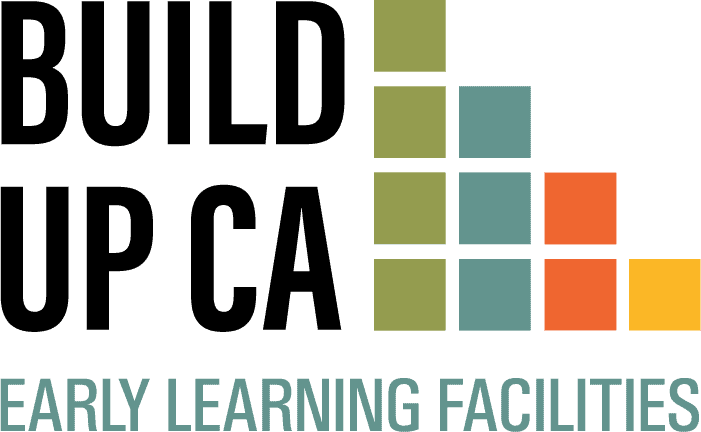A bit of history: Head Start, established into law in 1965, is a federal program that provides comprehensive services for children from families with lower incomes. These services include health, mental health, oral health, nutrition, early intervention and education, and family support.
The COVID-19 pandemic has exacerbated many challenges for Head Start families – making the program’s
role even more important. To better understand the impact of the COVID-19 pandemic on Head Start families and identify opportunities to strengthen the relationship between Head Start programs, managers, and health care professionals, Georgia Early Education Alliance for Ready Students (GEEARS) and Voices for Georgia’s Children (Voices), in collaboration with the Georgia chapter of the American Academy of Pediatrics and the Georgia Head Start Collaboration Office, conducted six focus groups—three with Family Support Managers and Health Managers and three with Head Start parents.
Focus group discussions revealed that:
- Employment and housing loss will have a long-term impact on families
- Families have experienced gaps in, and challenges, with their public benefits
- Head Start has been a critical resource to families throughout the pandemic by connecting them to
necessary community, food, and health resources.
Published in April 2021.
To read the full report, click here.



